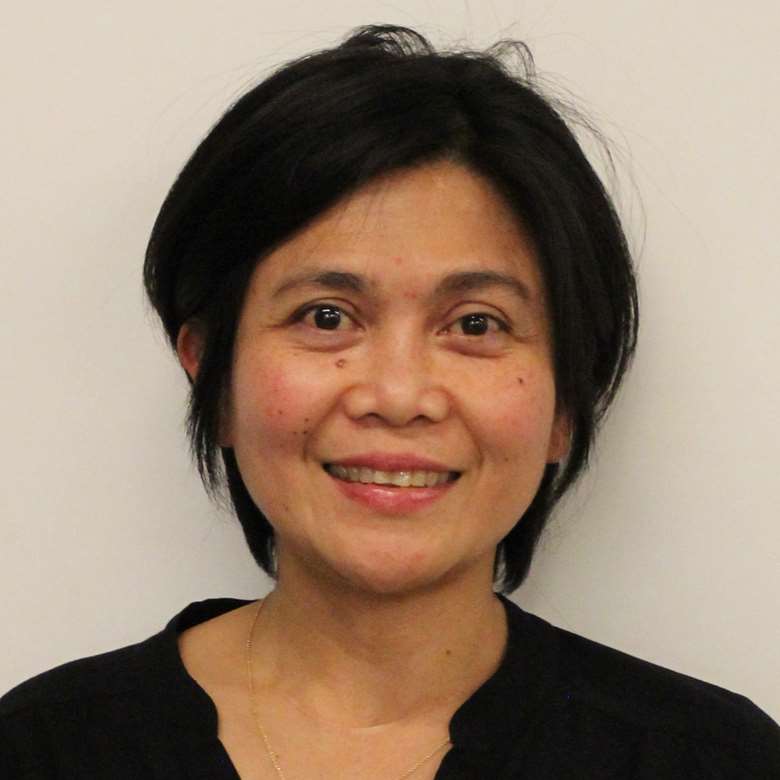Why a Montessori approach can work well with social distancing
Poinsy Pino, acting head of the Maria Montessori Institute School
Friday, May 22, 2020
Here at the Maria Montessori Institute School we have been thinking about how social distancing could work in our Children’s House nurseries, with our three- to- six-year-olds.

With no timescale for when the Covid-19 crisis will end, it is not just a question of meeting government guidelines but allaying the fears of our parents now and well into the future. It is a challenge that settings all over the country need to meet immediately this June but also into September and beyond.
The social distancing of young children is certainly a daunting prospect. But as we have considered these issues, we have realised that the authentic Montessori approach we offer is uniquely suited to social distancing: both in terms of how children interact physically and in terms of their emotional well-being.
Spacious and well-ordered environment
Our classrooms offer an uncluttered and enticing environment specifically designed for children at each stage of their development. At our London Montessori school sites we are lucky that our children enjoy large spacious rooms with fewer pupils per room, but the careful use of the space is also key. Our classrooms are meticulously cared for, which encourages the children to take care of them too. The children return learning materials to the shelf after they have used them, so it would only be a small step to encourage children to clean materials after use too.
Independent and confident children
A central part of the Montessori approach is the focus on child-led learning which nurtures children’s independence and confidence. Our children are given greater freedoms and responsibilities which encourages them to take responsibility for their actions and be considerate to others, making it easier for them to comply with social distancing measures and more emotionally prepared for change. The focus on independence of mind has also stood our pupils in good stead for the remote learning we have offered at this time of “lockdown”.
Hygiene and self-care
From an early age our children are encouraged to practice good hygiene and to care for their own person. They remove outdoor shoes and put on slippers on arrival and hang up their own coats and bags. Children take it in turns to set up lunch and snack tables and to clear up after mealtimes. They are responsible for washing their hands and faces as necessary after eating, going to the toilet or playing outside or with art materials. As the Covid-19 crisis unfolded this March we increased our emphasis on good hygiene further with more frequent hand-washing and our children will be ready to continue these practices and adopt further measures as necessary.
Outdoor learning
One of the main pillars of the Montessori approach is a focus on integrating nature into children’s daily learning throughout the year. Our children are free to work outside as much as possible. They do specifically outdoor activities such as gardening and sports activities, but they are also encouraged to take their indoor learning outside – such as working with maths materials, reading and art. As the children already see our outside spaces as learning zones as well as places for play, an increased focus on outdoor learning will be relatively seamless.
Calm and considered behaviour
Many visitors to our school are surprised by the atmosphere of calm they find and even our very young children’s ability to concentrate for long periods of time. This atmosphere is no happy accident but a carefully cultivated way of behaving and interacting with others. Our authentic approach to Montessori includes a focus on “Grace and Courtesy” – this is where we practice and model behaviour such as walking around the room, sharing materials or making an apology. From the age of 2½ years our children use breakable plates and glasses and learn to be careful with them; every one of our desks has a flower in a glass vase and the children carefully navigate the room and the vases are rarely knocked over. This greater self-awareness and self-control will make social distancing more achievable even with the youngest children.
Whatever the future holds, our children’s happiness and safety will always be our first priority but we are reassured that their Montessori education will help them and our staff to cope in these extraordinary times.
- The Maria Montessori Institute runs Montessori Children's Houses for two- to 12-year-olds at five sites across North and West London, and a training college.




